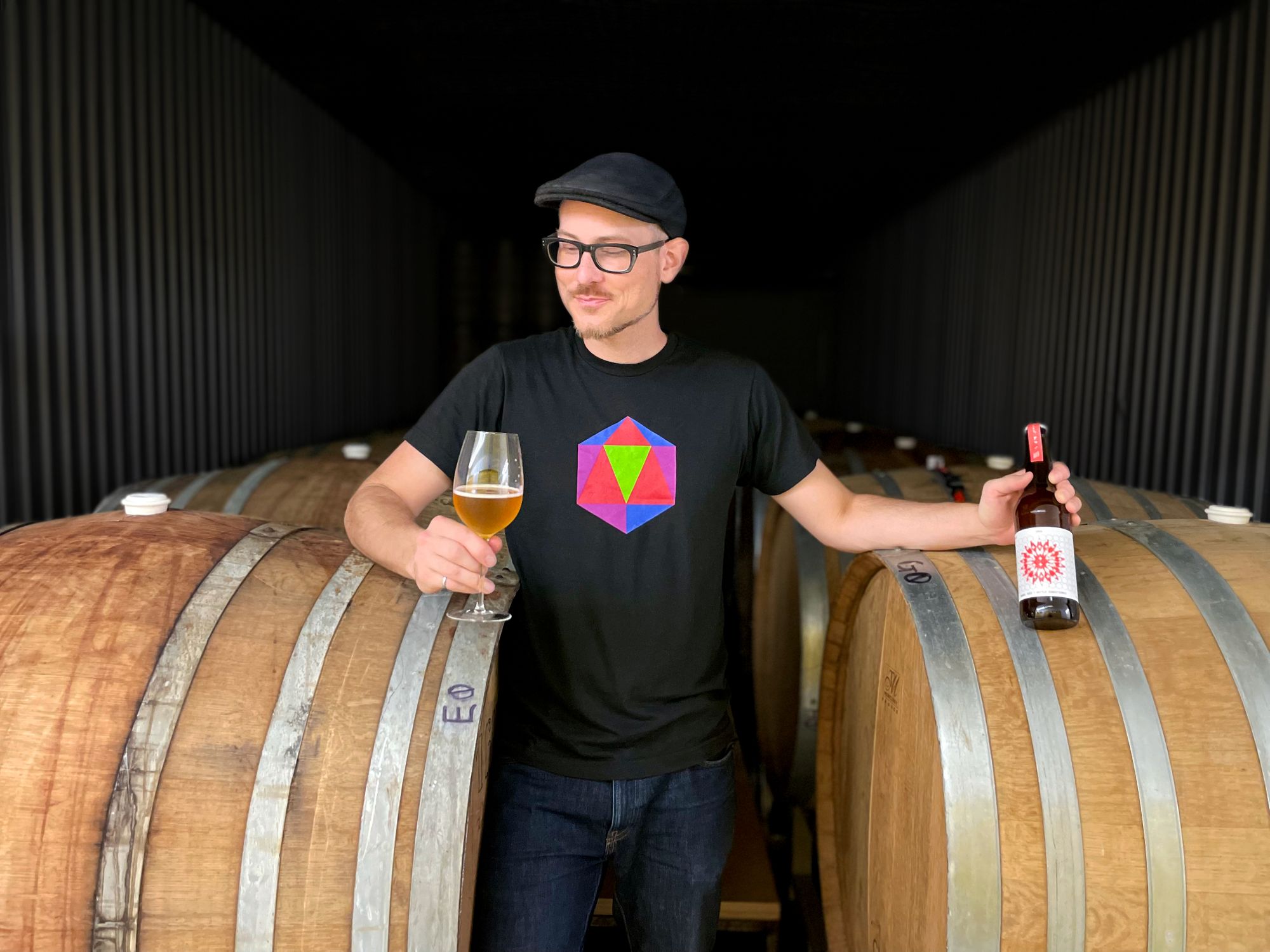Interested in starting your own entrepreneurial journey in craft brewing but unsure what to expect? Then read up on our interview with Callum Hay, founder and head brewer of Halo Brewery, located in Toronto, Ontario, Canada.
What's your business, and who are your customers?
Halo Brewery is a small microbrewery with an onsite taproom and bottle shop located in the west end of Toronto. Our focus is on making juicy, flavorful, and sometimes funky craft beers, including IPAs, pale ales, and sours. More recently, we've started to release barrel-aged beers that have had time to evolve over the course of 1-2 years in French oak barrels.
All of our recipes are developed in-house through a process of iterative experimentation – playing with and finding delicious hop, fruit, and spice combinations. All of our recipes (including their iterations) are made freely available on our website: halobrewery.com.

We do this because creativity and progress do not exist in a vacuum. Much of our knowledge and success relies on the information that has come out of the homebrewing and professional brewing communities before us.
Our customers are both beer geeks and beer novices alike. We enjoy educating and exposing newcomers to what beer can be outside of the expectations that the macro breweries have ingrained in so many of us: that beer is a singular flavor. Anyone with an interest or curiosity in quality craft beer is a potential customer.
Tell us about yourself
When I started homebrewing about a decade ago, craft beer was virtually non-existent in Toronto. I remember the selection being so bad that my partner and I would somewhat regularly go out of province to stock up. When I realized how much more variety was out there, I knew I had to figure out how to make it for myself. So I started homebrewing in my tiny kitchen with a good friend.
It started out as a few small, not-so-awesome batches. Still, it quickly escalated into an obsession, and Halo was born. This is where the biggest shift happened. I began reducing my hours at my full-time software engineering job with the support of my partner. I shifted my focus to perfecting our starting recipes and learning about starting a business.
What keeps me going is the same motivation that got me started: Brewing is a deep rabbit hole with so many potential avenues for experimentation and learning. The release of our new barrel program – 5 years after we first opened our doors – is the most recent example of the depth of exploration that craft beer offers.
What's your biggest accomplishment as a business owner?
Simply put: Growing the business while maintaining control of it and staying true to its original vision.
What's one of the hardest things that come with being a business owner?
When it comes to a business as small as ours, you tend to wear many hats as a business owner. This can be especially hard because it causes you to context switch a lot. On top of that, the work never stops at the door of the business – it follows you around, you take it home with you. It can be stressful and draining – making it hard to stay enthusiastic and focused. You also have to stay mindful of this potential burnout and mitigate it before it becomes a problem.
What are the top tips you'd give to anyone looking to start, run and grow a business today?
- Choose your business partners wisely and check in regularly to make sure you're on the same page. If your business is small enough, avoid business partners entirely and if you need them at some point as you grow the business, do your research and consult with colleagues and professionals before making any major decisions.
- For those of us who didn't do an MBA: If you’re unacquainted with how corporations work (e.g., equity/liabilities/assets) and the ins and outs of structuring ownership, start asking questions and doing research. There are plenty of resources online (I watched many Khan Academy videos on corporate structure and accounting). Familiarize yourself with the landscape of business before jumping in.
- Plan it out very thoroughly. Learn how to use spreadsheets (if you don't already). List out all of the costs to get it up and running, and be conservative about this (things cost more than you think, and line items tend to have hidden costs). Thoroughly examine the revenue your business will make and compare it to your operating costs and the costs of making sellable goods/services. Flesh out as many unknowns as possible to make sure your model is viable.
Where can people find you and your business?
Website: https://halobrewery.com/
Instagram: https://www.instagram.com/halobrewery/
Location: https://g.page/HaloBrewery?share
If you like what you've read here and have your own story as a solopreneur that you'd like to share, then email community@subkit.com; we'd love to feature your journey on these pages.
Feel inspired to start, run or grow your own subscription business? Check out subkit.com and learn how you can turn "one day" into day one.
